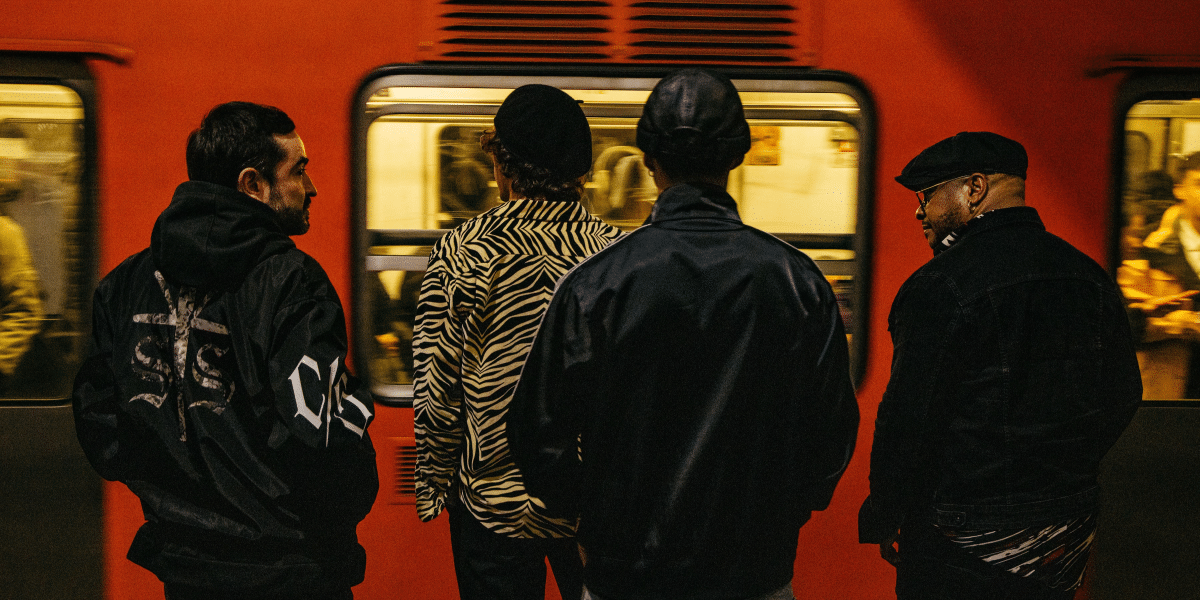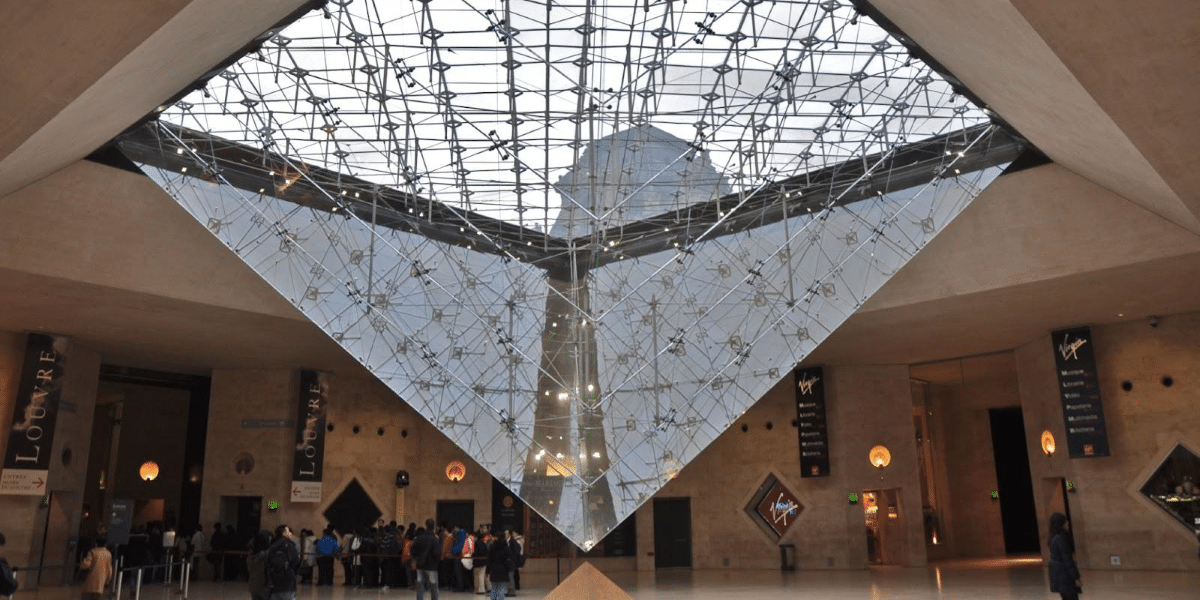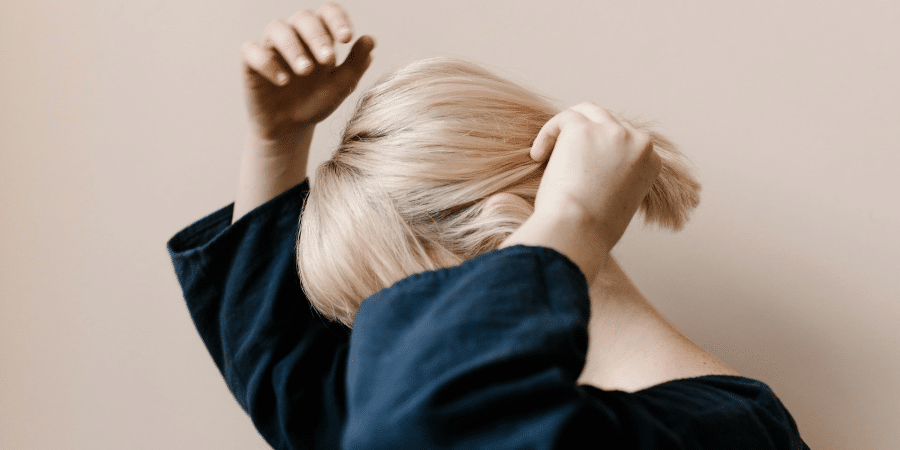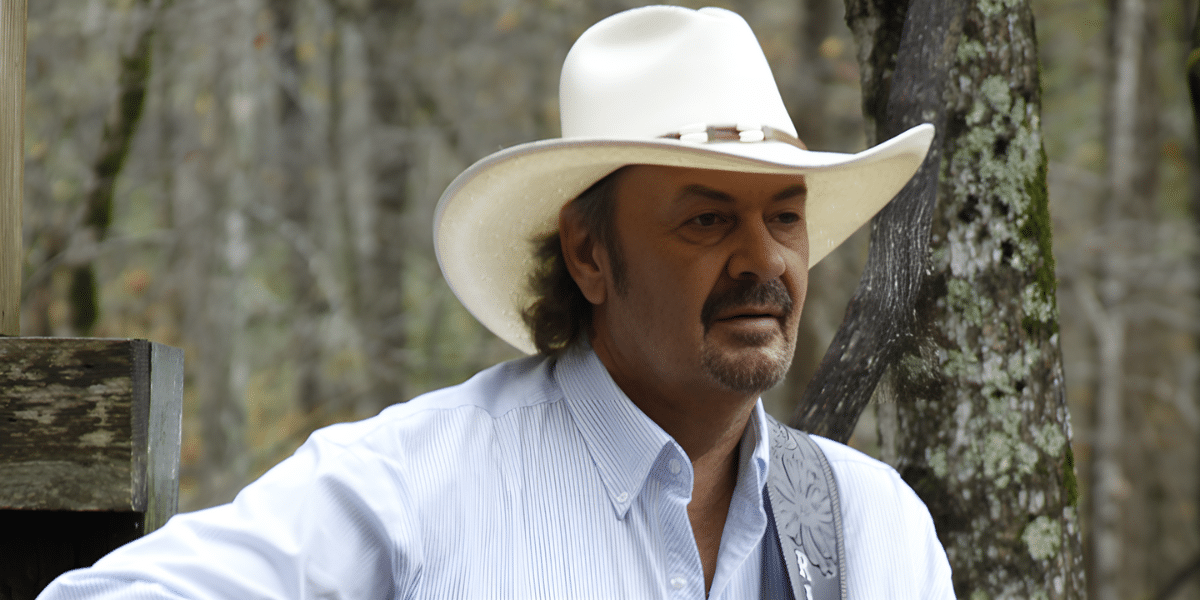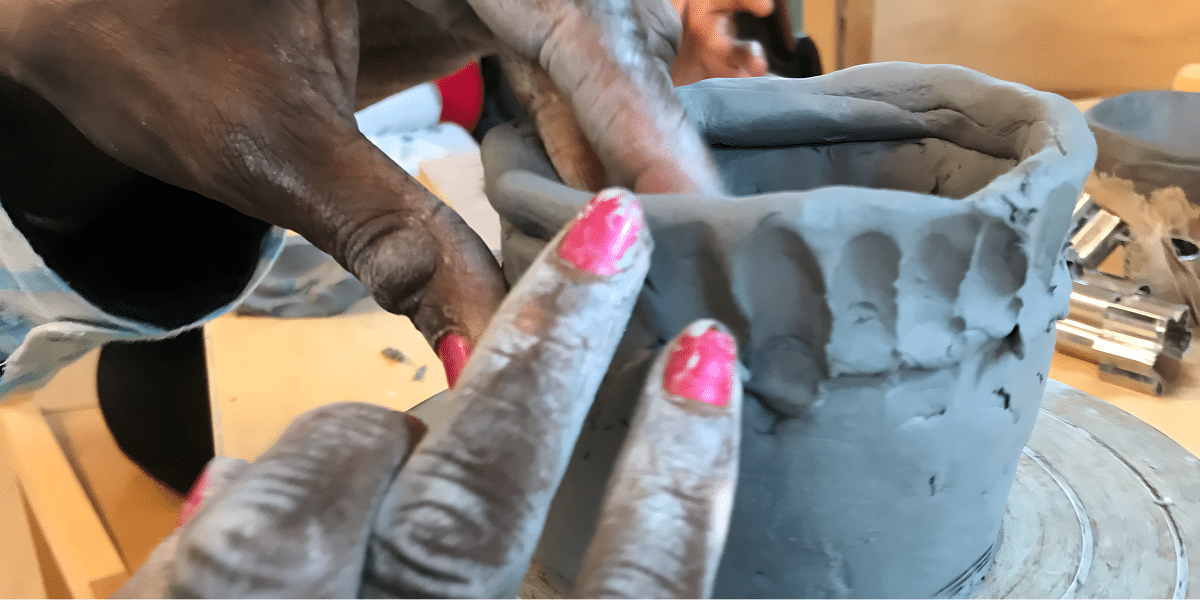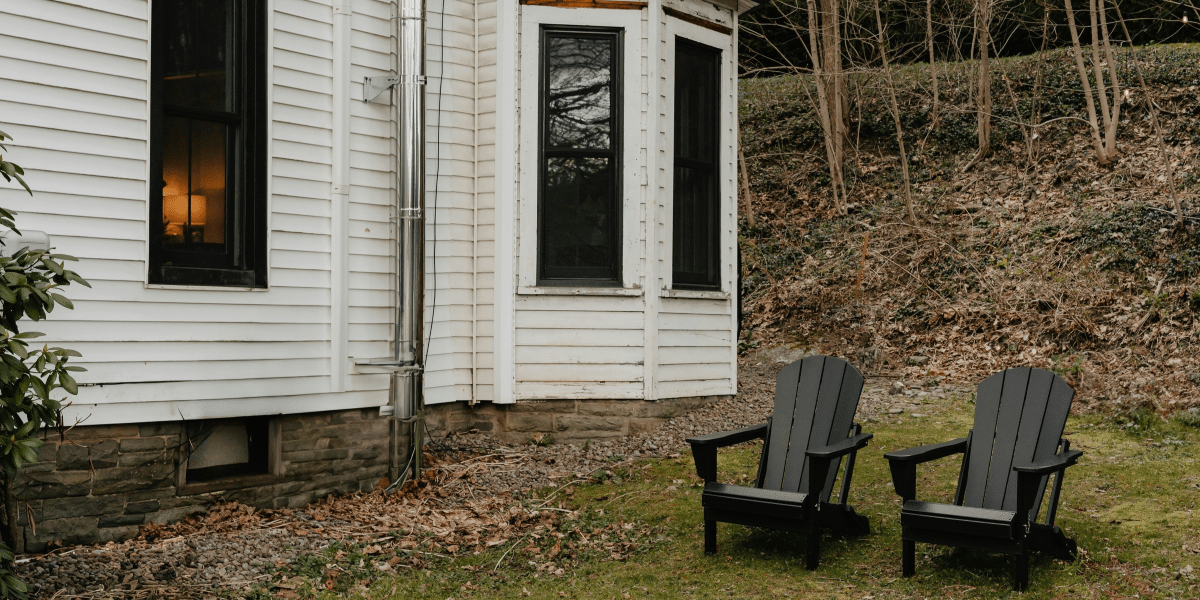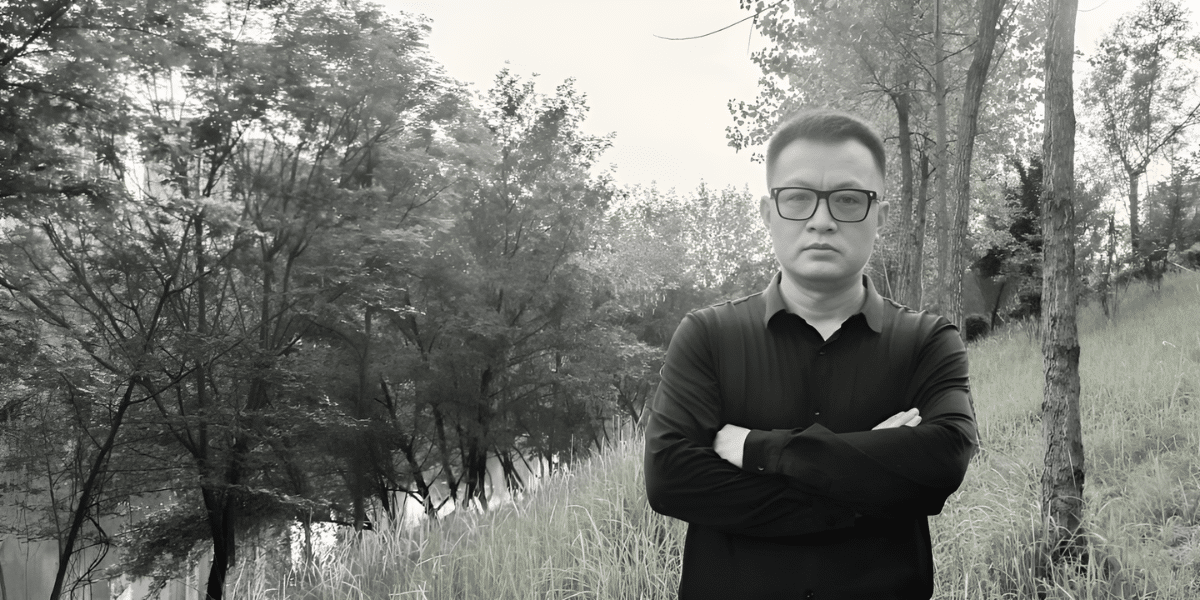In an era where music genres blend, and cultural boundaries blur, a new vanguard of musical innovation emerges, capturing the essence of traditional sounds while forging ahead into unexplored territories. At the forefront of this wave is La Bendición, a collective that has swiftly become synonymous with the avant-garde movement in salsa and tropical music. With their latest single, “I Don’t Love U,” La Bendición not only challenges conventional narratives within the genre but also redefines what it means to create music with emotional depth and contemporary relevance.
Founded by Gabriel “el rey del swing” Melgarejo, known for his work with Grupo Tropical Los Gorriones, La Bendición is more than just a band; it’s a symposium of visionary artists dedicated to reshaping the soundscape of Latin music. The ensemble features an array of talent, including Julián Bernal, a Latin Grammy-nominated musician and producer who was celebrated for his collaborations with Elsa y Elmar and Sebastián Yatra. Geovanis Alcántara brings to the table authenticity and traditional flair as a two-time Latin Grammy winner, while Michael Rincon introduces a modern, lyrical narrative that resonates with today’s generation.
“I Don’t Love U”: A New Salsa Anthem
The release of “I Don’t Love U” marks a seminal moment in salsa music. Originating from an impromptu jam session among friends, this track stands as a testament to the group’s ability to balance reverence for salsa’s rich history with an eagerness to innovate. The song delves into the tumultuous sea of emotions surrounding love and heartbreak, transitioning from ethereal beginnings to a powerful crescendo that embodies defiance and liberation. It’s this dynamic range that makes “I Don’t Love U” not just another track on the playlist but an anthem for those navigating the complexities of modern relationships.
Redefining Latin Music
La Bendición embodies the evolving face of Latin music – an entity that honors its roots while boldly stepping into future possibilities. Their approach is not merely about blending styles but about creating something entirely new, something that speaks both to long-time salsa enthusiasts and newcomers alike. “I Don’t Love U” serves as a prime example of this innovative spirit, positioning La Bendición at the pinnacle of artists who are driving Latin music forward into new realms.
On the Horizon
With “I Don’t Love U,” La Bendición has set in motion their journey towards reshaping not only how people perceive salsa but also how they experience it. Their melding of Afro-Caribbean rhythms with urban sounds does more than pay homage to tradition; it carves out new pathways for exploration within Latin music. This track is merely a glimpse into what La Bendición has in store, promising fans and newcomers alike fresh reasons to fall deeply for salsa once again.
As they continue their ascent in the musical world, one thing remains clear: La Bendición is not just performing; they’re storytelling through rhythm, inviting everyone on a journey where innovation meets tradition—a journey where each note played is another step towards uncharted territories in Latin music.
For those eager to follow along on this adventure, watch their first Live Session on YouTube.
In every melody they craft and every rhythm they explore lies an invitation—to engage with salsa in ways never before imagined. As La Bendición continues their path forward, one can’t help but be drawn into their orbit—an orbit defined by audacity, creativity, and an unwavering commitment to impact tropical music. Through works like “I Don’t Love U,” they don’t just mark their place within musical history; they beckon everyone toward a vibrant future filled with endless possibilities for what salsa can become.
Published by: Khy Talara

